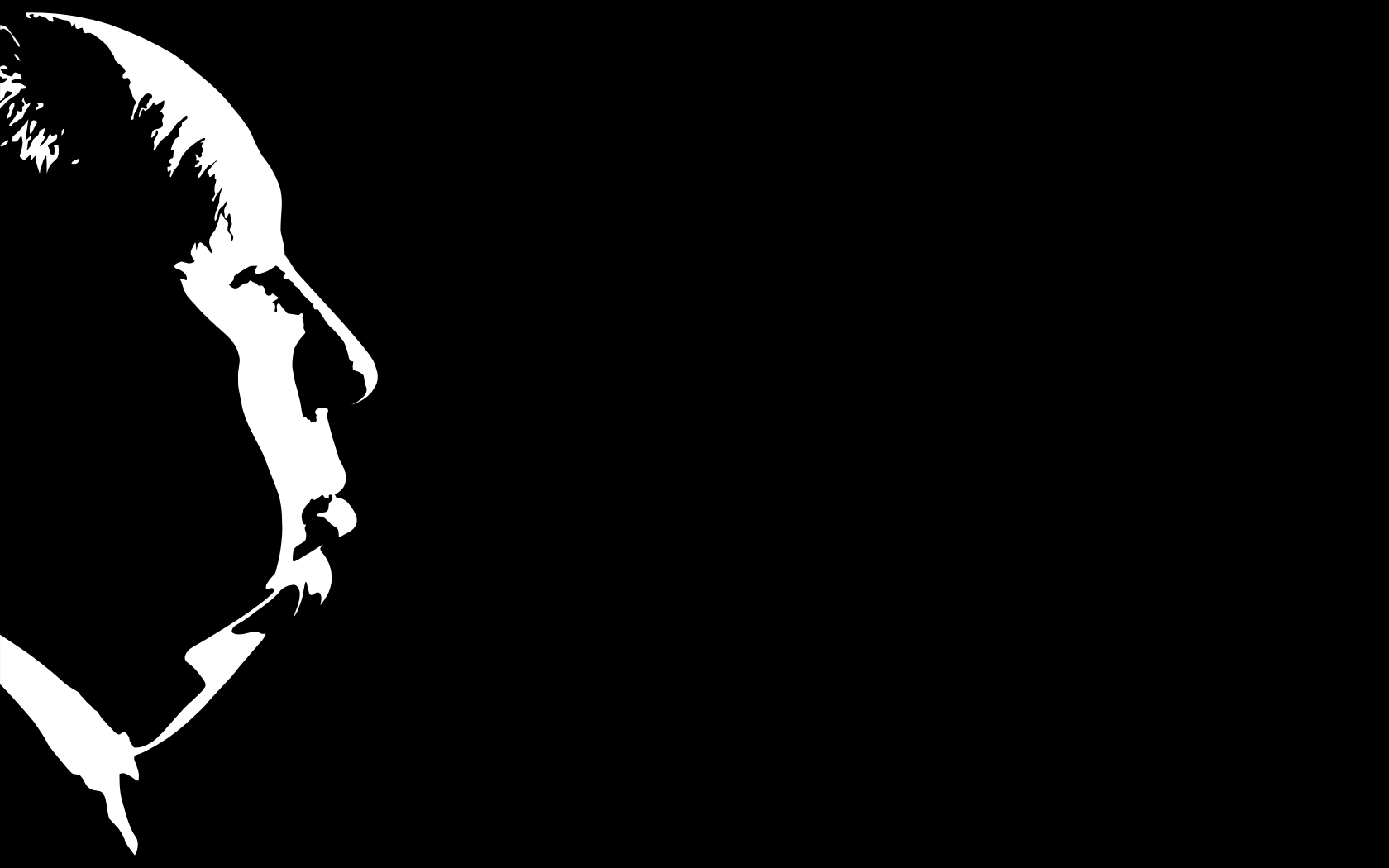I finished the Hitchcock book.
There are a whopping 18 films by Hitchcock on the 1001 movie list, more than any other director, and they span 1929 to 1972. Does that make mean he's the greatest director in history? Not necessarily, but that's for you to decide. Hitchcock remained experimental throughout his career, even at the very height of his fame, and he was incredibly prolific--53 films in all, and he was even working on plans for a 54th at the end of his life until he realized he didn't have enough time left to finish it. These are among the reasons it's impossible to tell someone to watch just a couple Hitchcock movies. You have to see at least two from every decade.
In contrast to all that's been written portraying Hitchcock as a control freak who terrorized actresses, this book presents him as a much more benign character. It feels like there are two Hitchcocks: there's the concrete Hitchcock of everyday life, the man who loved food and wine, told dirty jokes, and prized his wife's opinion above all else. And then there's the more abstract Hitchcock, the one whose psyche is played out in his films.
The parts of the book that most interested me weren't about the making of his best known films, but what happened in between filming, the creative process he followed - how he would create an entire movie around an experimental technique or an idea for a single shot that had been floating around in his head. Sometimes ideas would slowly evolve for years, even decades, before he could actually spin them into something bigger. One of his more experimental pictures is Rope, the whole of which consists of ten long shots, a huge stylistic risk. North by Northwest came into being because Hitchcock had the idea of filming people crawling over the faces of Mount Rushmore.
In addition to being prolific and experimental, Hitchcock was also impressively resilient. In between all the hits and classics, there are the missteps like Under Capricorn and Torn Curtain, but he always bounced back. Just when everyone thought he was too past his prime to direct anything else worth watching, he directed Frenzy, his "late masterpiece." Whenever he tried something new and it didn't pan out, he would so "whoops, OK, that didn't work," but he never stopped creating.
His legacy has proven to be just as resilient, even after his death. Take Vertigo, for example. Possibly the most personal and enigmatic of all Hitchcock's films, it received mixed reviews upon its release and didn't do well at the box office, but its reputation steadily rose over the years. Its crowning achievement was displacing Citizen Kane as the #1 on Sight and Sound's poll of the 10 best movies of all time in 2012, 54 years after its original release. Other movies have seen a rise in popularity over the years, but this one is the most impressive. How does something like that even happen? The only way I can explain it is that critics needed that long to digest it. With this film, Hitchcock took us deeper into his mind than we had ever been before and we needed time to process what we'd seen. Even those who were around during the filming said that this film in particular seemed to strike very personal chords with him.
In addition to all his other innovations, Hitchcock worked with a dizzying array of collaborators throughout his career. The ones most interesting to me were the writers. Over the years, he engaged award-winning novelists, playwrights, New Yorker columnists, actors, and everyone in between to write his movies. Another interesting collaboration: composer John Williams wrote the music for Hitchcock's final film, Family Plot.
So Hitchcock was a creative force to be reckoned with, but his greatest strength is his accessibility. And that's why he is so widely appreciated today. He made movies that were replete with meaning, yet not so convoluted that the everyman couldn't follow them. As his daughter said: above all else, he made movies for the audience. He gave people movies they could interpret on their own and keep interpreting long after he was gone.
I don't think there's anything more you could ask of a director.

No comments:
Post a Comment